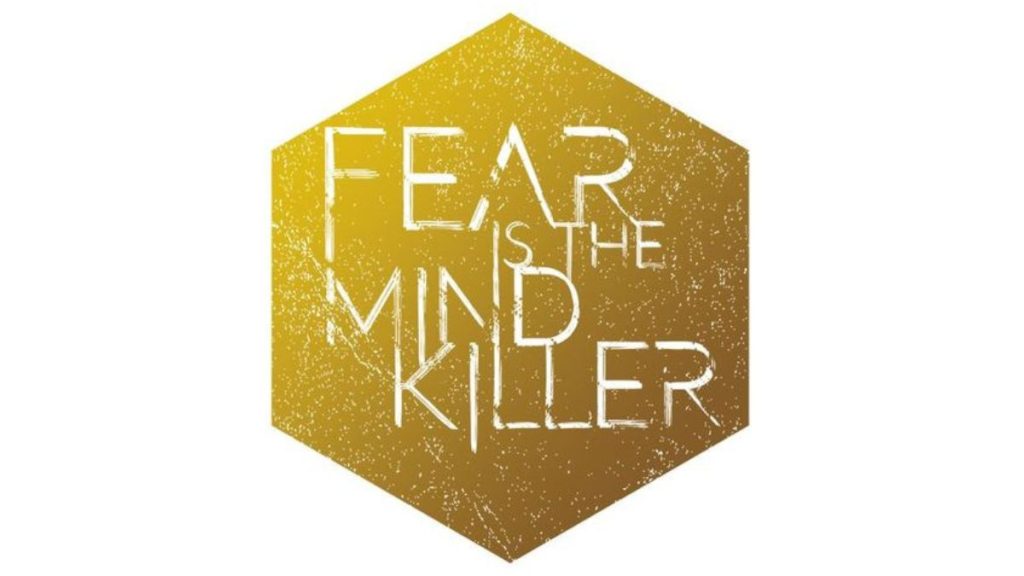The term “Fear Is the Mind Killer” was popularized by Frank Herbert’s classic science fiction novel “Dune” and has since been adopted by philosophers and readers alike. In this in-depth piece, we explore the significance of this line, its place in the novel, and the lasting impression it has made on literature and the human mind.
The Philosophy of Fear
Fear as a Universal Emotion
All humans share a common ancestor in the emotion of fear. It’s a topic of profound philosophical consideration because it has protective and debilitating aspects.
Frank Herbert’s Perspective
The imaginative creator of “Dune,” Frank Herbert, offered a fresh take on the concept of terror with that memorable sentence. In this article, we go into his investigation of this nuanced feeling.
Exploring “Fear Is the Mind Killer”
The Origins of the Phrase
The saying “Fear Is the Mind Killer” was around long before Frank Herbert’s “Dune.” We look into its background and the cultural factors that led to its incorporation into the novel.
Its Significance in “Dune”
As you read “Dune,” the term will take on new significance. We look at how it becomes a tale motif and a mantra for the protagonists.
Frank Herbert: A Literary Visionary
Herbert’s Exploration of Human Nature
Frank Herbert’s books are renowned for their in-depth examinations of the human condition. Our discussion is on how his handling of terror in “Dune” is representative of his overall literary vision.
The Legacy of “Dune”
The science fiction classic “Dune” is widely regarded as a masterpiece of the genre. We talk about the novel’s legacy and why it’s still relevant today.
The Impact of Fear in Literature
Fear as a Motif in Fiction
The theme of fear appears frequently in literature. We examine how it functions in narrative and how it affects the reader emotionally.
Confronting Fear Through Literature
Literature can aid its readers in facing their own anxieties. We discuss how “Dune” and other novels might help readers gain perspective and develop coping skills.
The Resonance of “Fear Is the Mind Killer”
Its Influence Beyond “Dune”
This sentence sums up a worldview that goes well beyond the scope of the novel “Dune.” We look at the ways in which it has influenced other authors and cultural productions.
Practical Applications
Is there any practical application to the “Fear Is the Mind-Killer” ethos? We look at how this idea might help people overcome obstacles and phobias.
Conclusion
In conclusion, “Fear Is the Mind Killer” by Frank Herbert is both a defining scene in “Dune” and a classic examination of a universal human emotion. Its reverberation throughout literature and philosophy has inspired and emboldened countless people to face their anxieties.
FAQs
What is the significance of the phrase “Fear is the mind-killer”?
The saying “Fear is the mind-killer” refers to how paralyzing fear can be, making it impossible to think properly or make sound decisions. It’s a motivating tool for facing and defeating phobias.
How does Frank Herbert explore fear in “Dune”?
dread is a major element in Frank Herbert’s “Dune,” as Herbert depicts the impact that dread has on individuals and communities. Characters use the slogan “Fear Is the Mind-Killer” to help them get over their fears.
Why is “Dune” considered a groundbreaking work in science fiction literature?
To this day, “Dune” continues to have a profound effect on the science fiction genre thanks to the intricate universe it creates and the subjects it explores, including politics and religion.
How has the concept of fear been addressed in other literary works?
Literature frequently employs the theme of fear to examine the frailties of its characters, the development of its protagonists, and the universality of human experience. It takes many forms and can be found in many different types of literature.
Can the philosophy of “Fear Is the Mind-Killer” be applied in everyday life?
Philosophy can be used in practical situations, yes. Instead of letting fear paralyze them, it pushes them to face their anxieties head-on and act rationally despite them.







